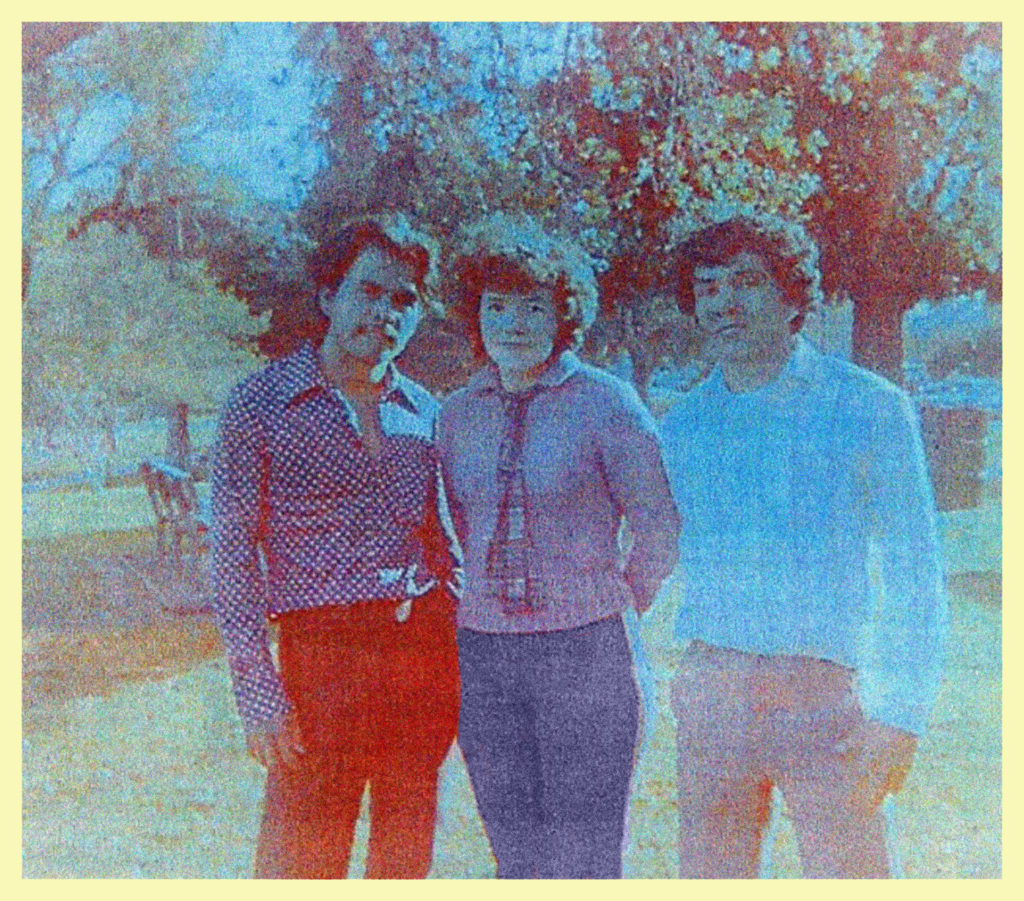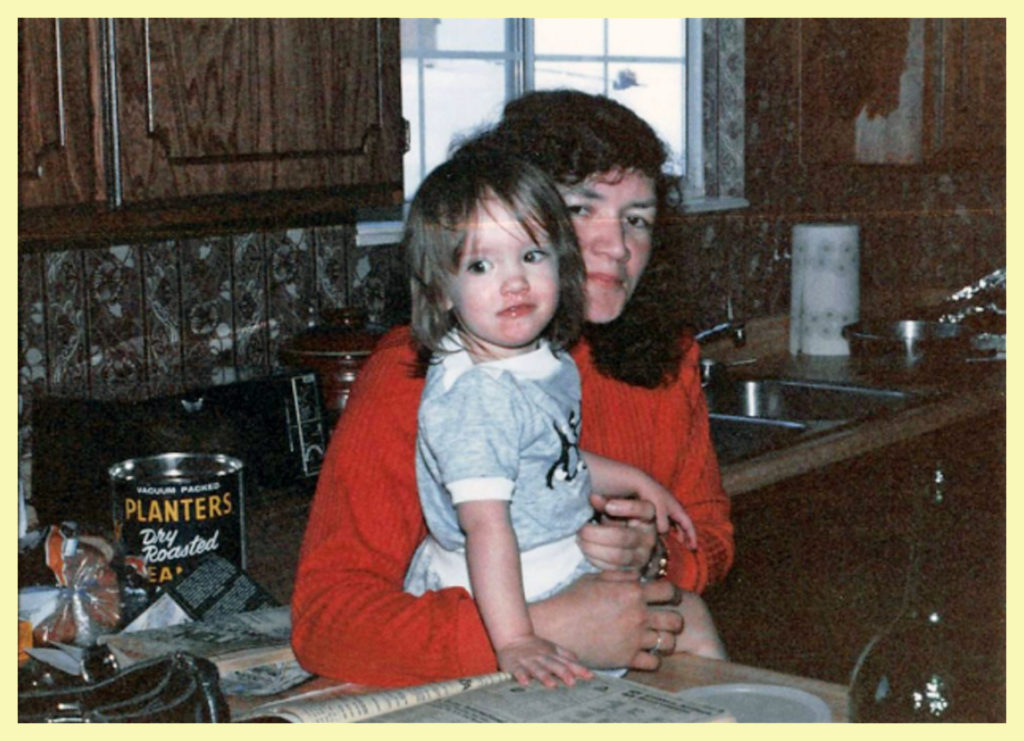
Early Sunday morning Yolanda Hernandez, originally from El Salvador, died in my home where she lived for 32 years, When I hired her to help with a newborn, a one-year old and general housework, I never imagined she’d die surrounded by me and our adult children (the newborn is 32; the one year old 33). (Click on this link to get an explanation of the babies born so close together).

Yolanda moved in with us in 1984. She loved Chris, Sam and Alex with everything she had – especially Sam, although she never admitted favoritism. The tip-off? She always referred to Sam as “the princess.” Alex was Ahni and Chris was Goose because that’s how the princess pronounced their names. Yolanda balked at calling us John and Kathleen; we were forever Mr. John and Mrs. Kathleen.
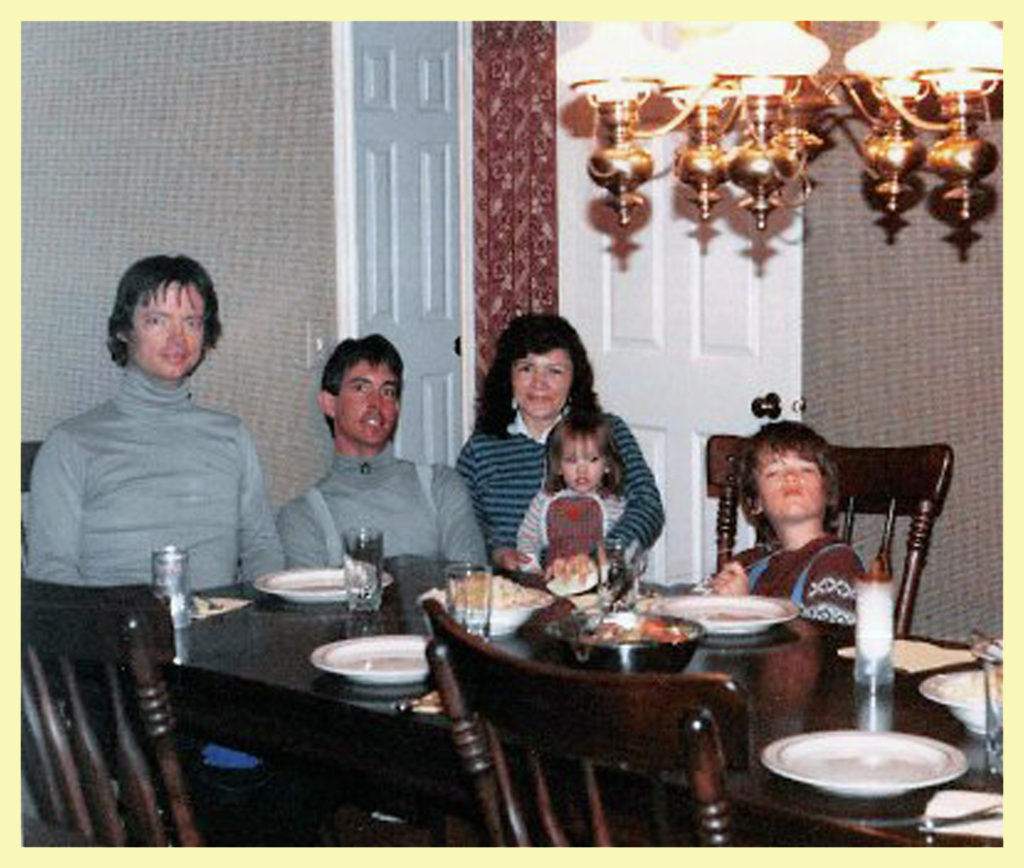
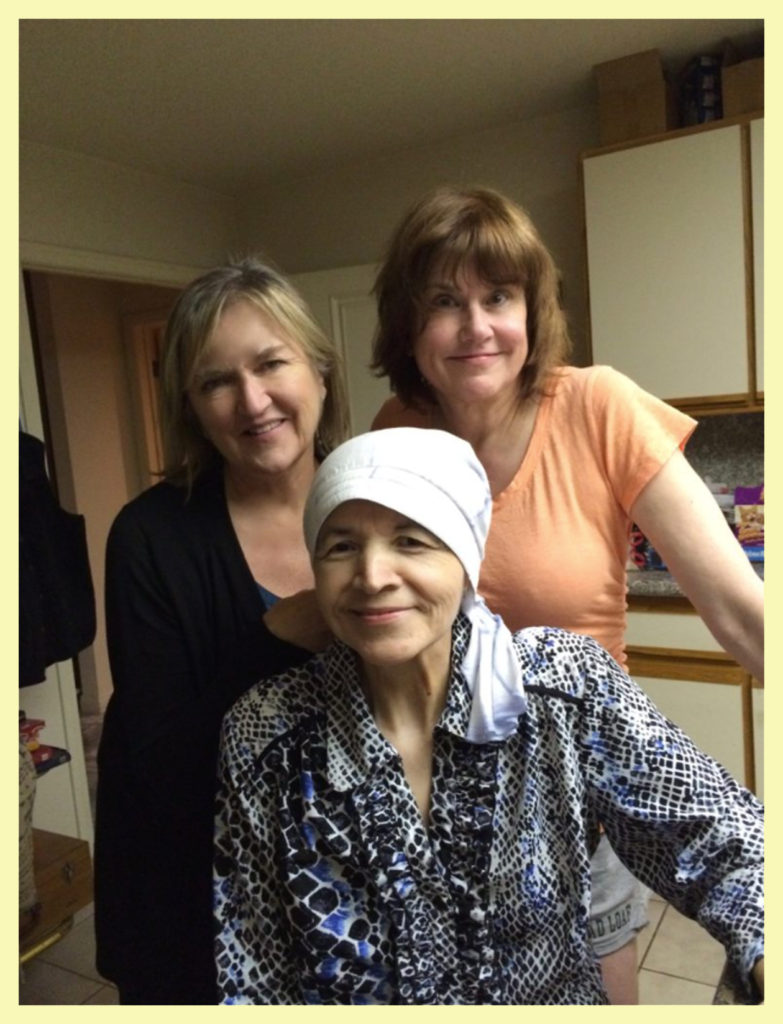
She confided her cancer to the princess, who stepped up. She drove Yolanda to all of her doctor’s appointments, sat by Yolanda through every chemo, visited every day when Yolanda was hospitalized. The rest of us pitched in but the princess earned Yolanda’s second nickname for her – my angel.
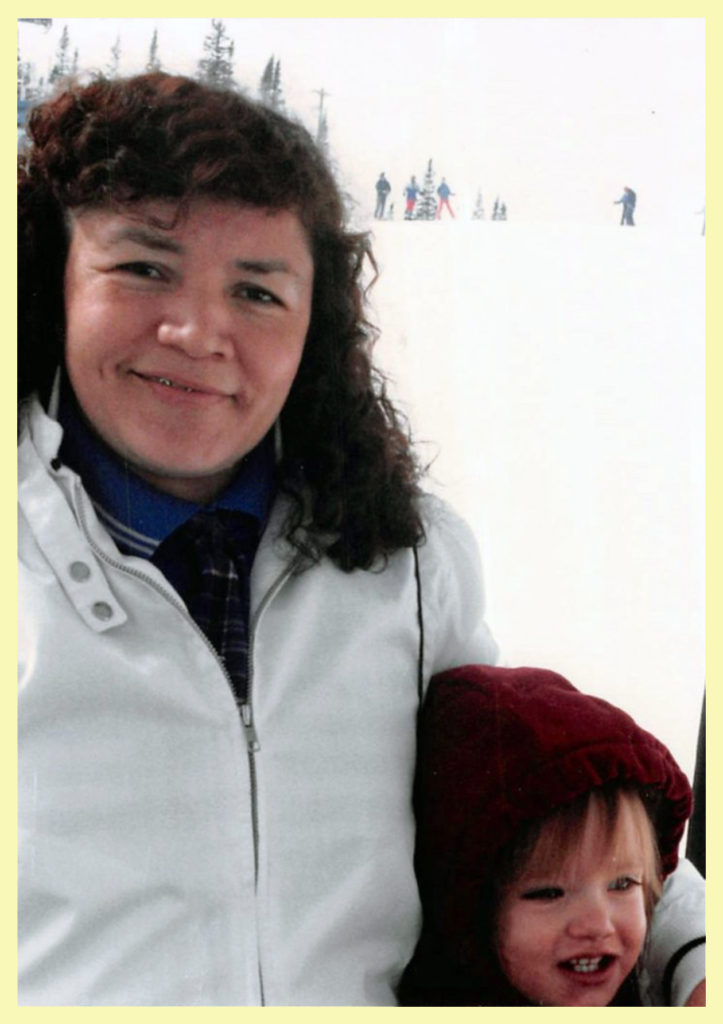
On Friday February 10, Yolanda’s doctor estimated she’d live thirty days. She had thirty hours. When she drew her last breath at 1:30 AM, we all understood it was for the best. Her pain was excruciating, cancer terminal, death inevitable. No surprises. We knew where this road led.
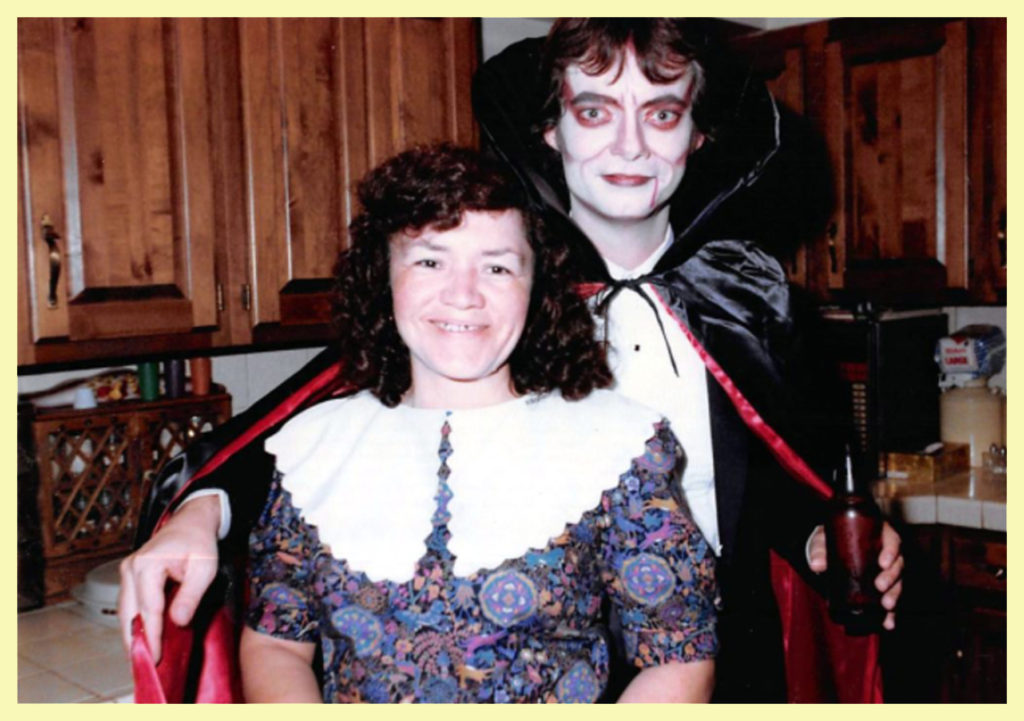
Except we didn’t, not really. We’re in shock. All day I shushed our dogs so they wouldn’t awaken Yolanda – as if anything could. Three fat cats looked increasingly concerned – where’s our Fancy Feast? ‘Where’s the human who opens cans?
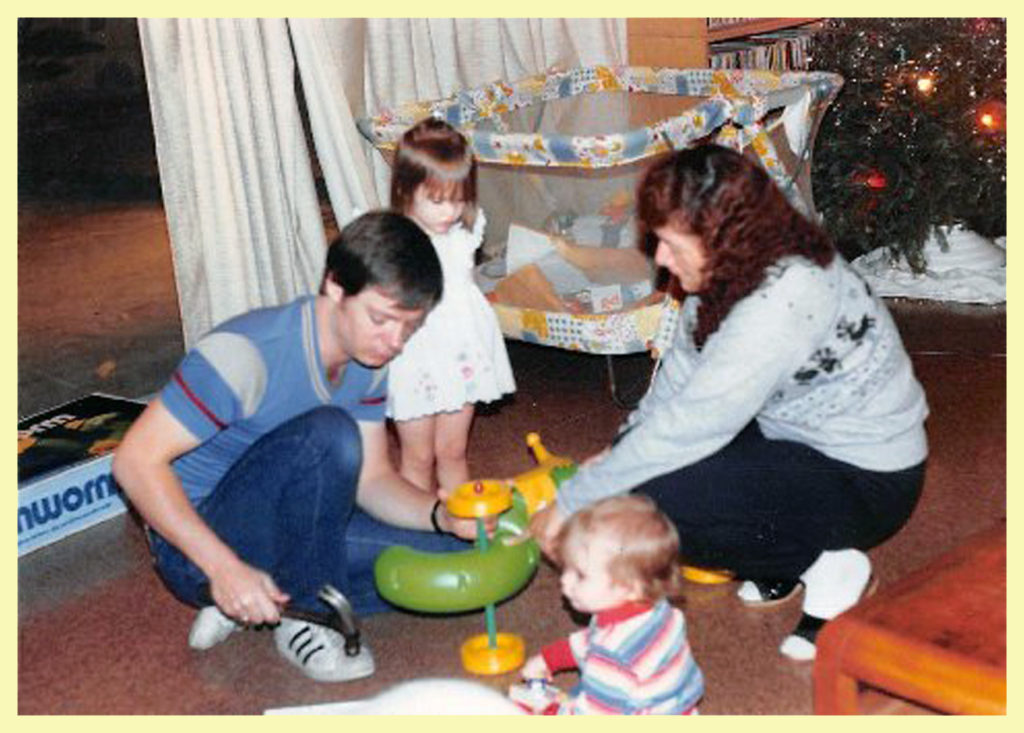
The light is on in Yolanda’s room. For a second, I think she’s there. I haven’t been in her room alone in years. Everywhere, pictures of our children – framed on her bureau, taped to the wall, stacked in photo albums. She carried their photos in her wallet. She loved it when strangers thought they were hers. Was I jealous, did I worry she’d spirit them off to El Salvador? No. If anything, it endeared her to me. If I couldn’t be there, who better than someone who loved them like they were her own?
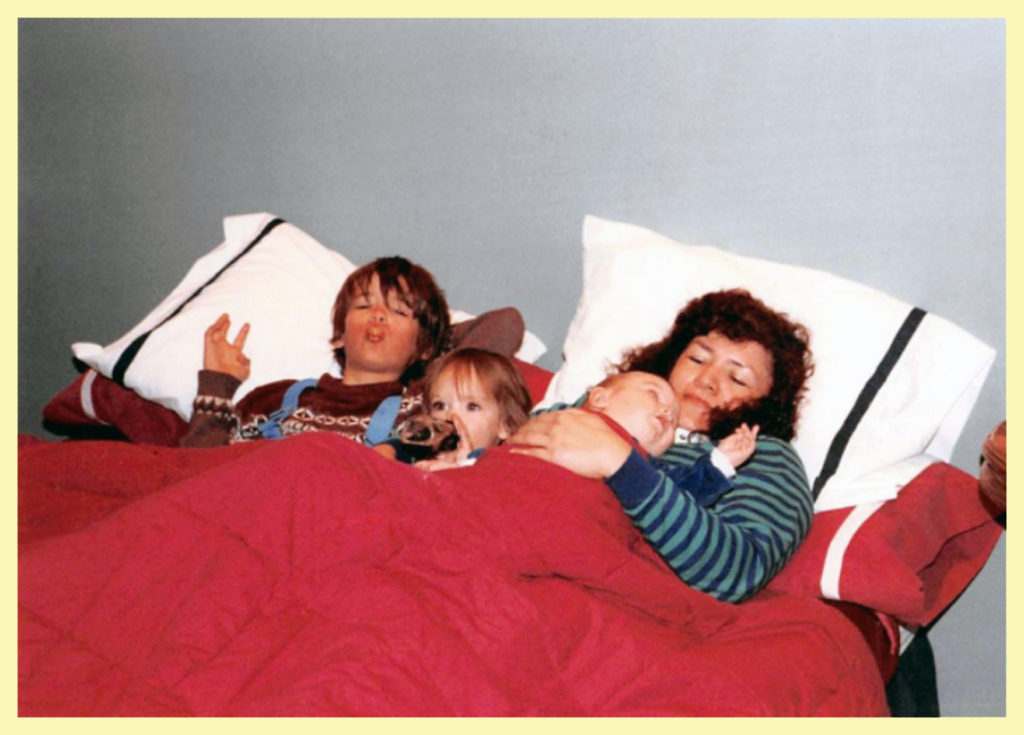
On a sheet of paper tacked above her bed she drew a cross and scrawled, “Please god please god no cancer. Please god no cancer.” A purple spiral notebook was scribbled with recipes. She saved expired coupons for things she didn’t buy. A few of her clothes trailed price tags, waiting to be worn. Whoever clears my room when I’m dead will find comparable artifacts.
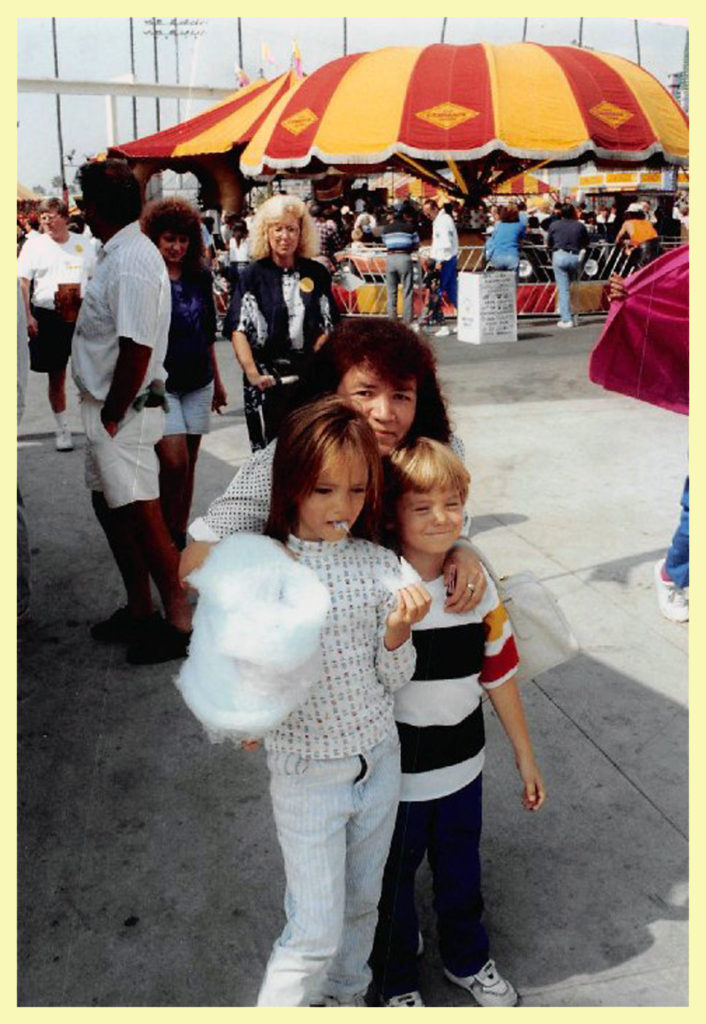
The photos we leave behind show what we did. Fragments of incomplete projects remind us of all left undone, bits and pieces of Yolanda. I should have known her better, more deeply, sooner. I don’t know her sister’s name or phone number in El Salvador and I don’t speak Spanish even if I did.
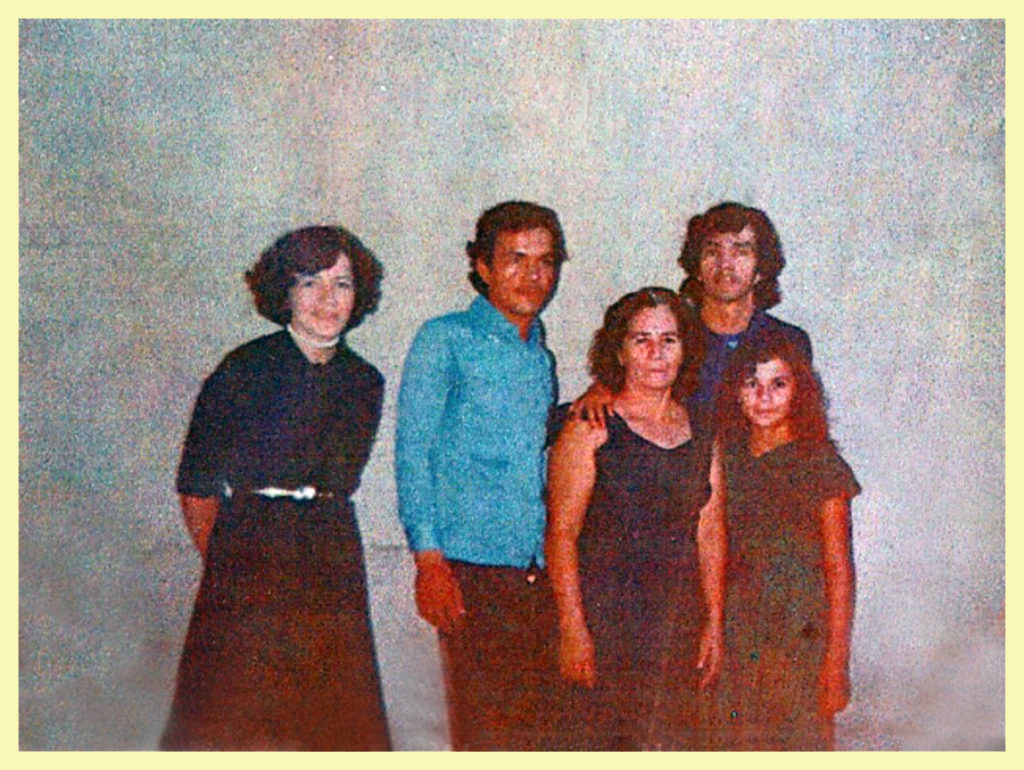
So what did I know about Yolanda? She made the LA Times her own personal illustrated blog. She drew devil’s horns on basketball players she hated, basically everyone but LeBron and the Clippers. She trapped a rattler outside our door by slamming a concrete slab down on its head. (I would’ve been dead from heart attack.) She didn’t drink, smoke or party. Her modesty did not permit her to wear shorts, swimwear or sleeveless blouses – ever.
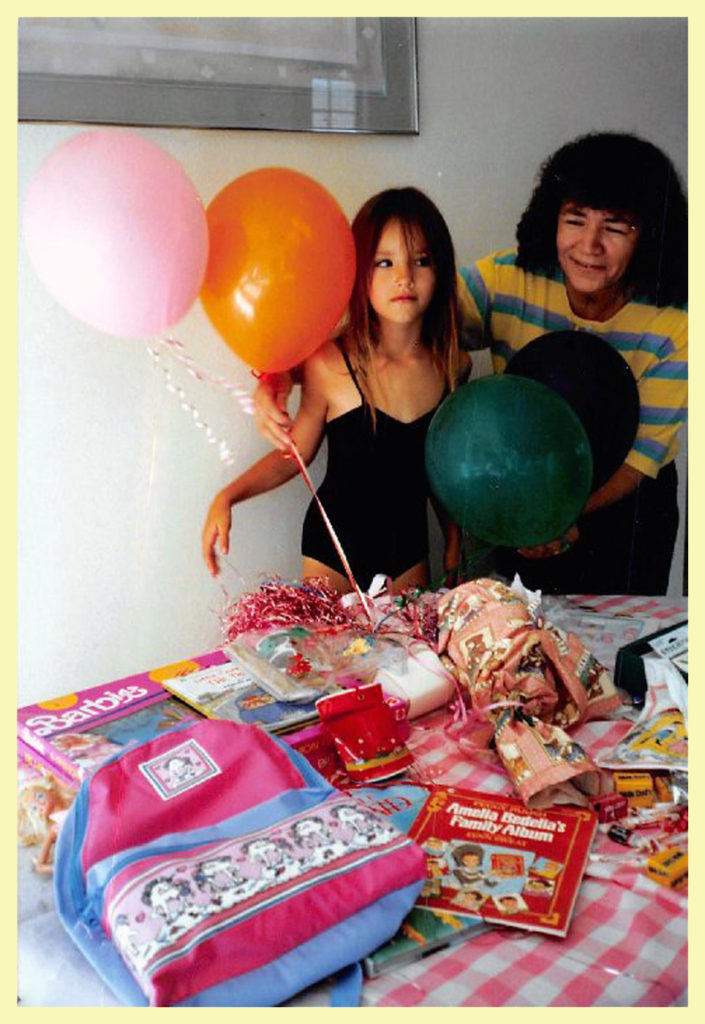
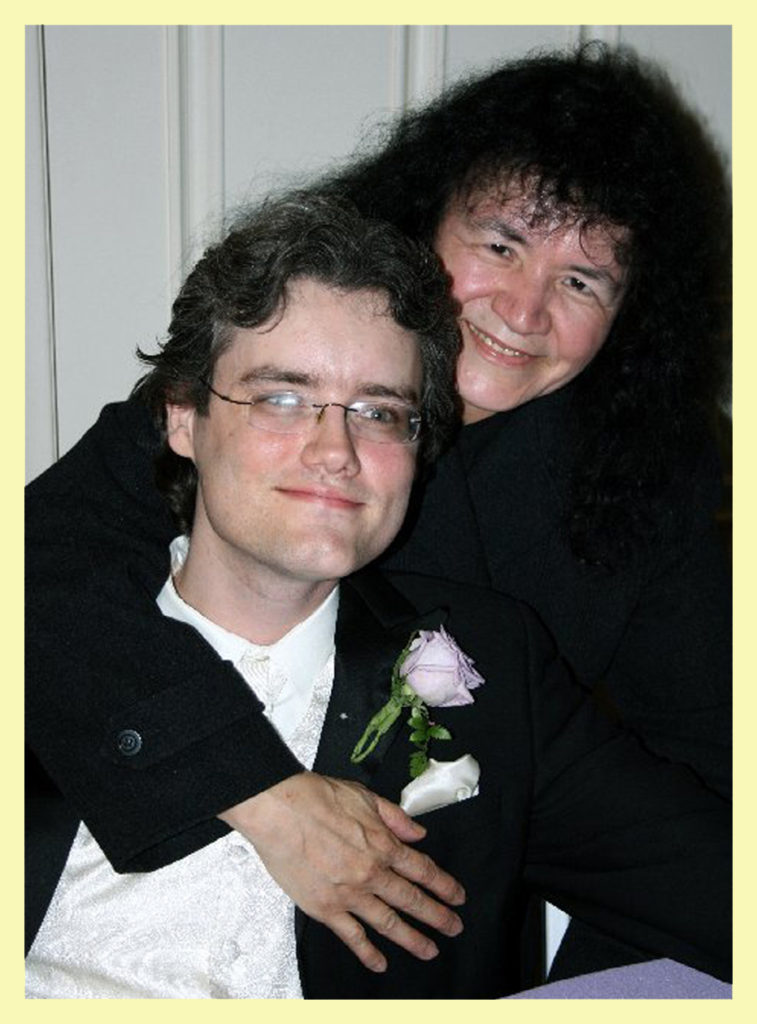
She loved our forays to Costco – “the big store” – but recently I was too busy to take her until she was too weak to go. There are so many things I meant to say – should have said – but didn’t. I hope she knew – I think she knew – how much her kindness meant, how her patience and loyalty changed our lives, how many others – my sisters, parents and friends – grew to love her like we did and always will. How much we’ll miss her smile, her red coat, her curly hair, her commentary on current events (you thought she’d stop at sports?) in the LA Times, all part and parcel of the boundless heart and infinite capacity for love we knew as Yolanda Hernandez.
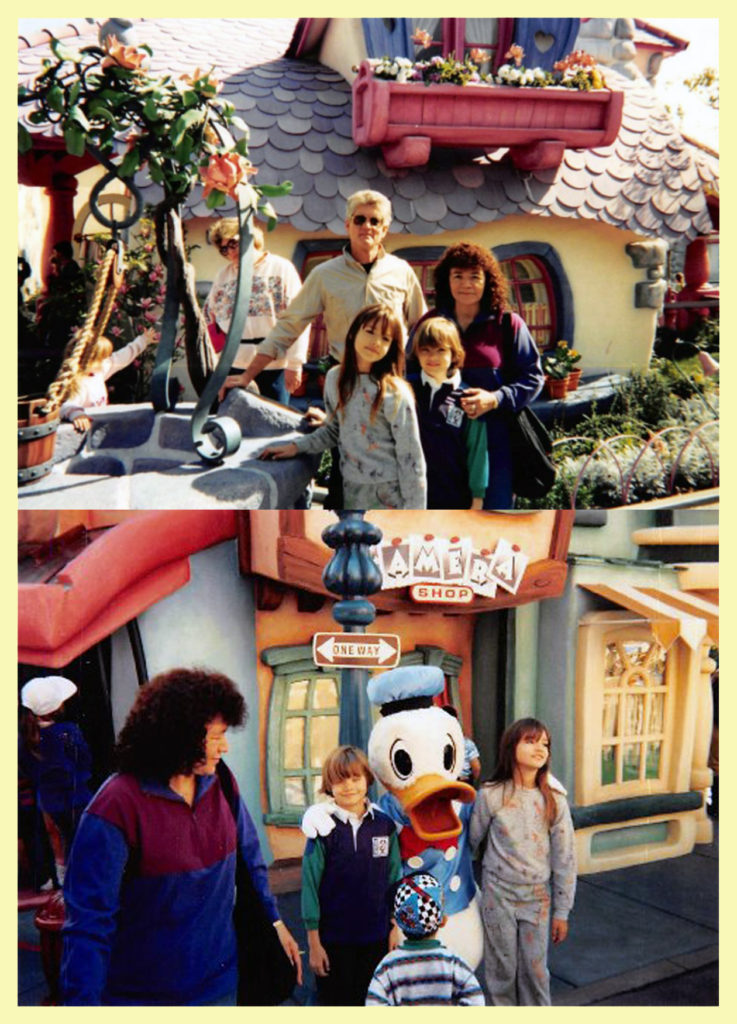
We’ll meet again, Yolanda.
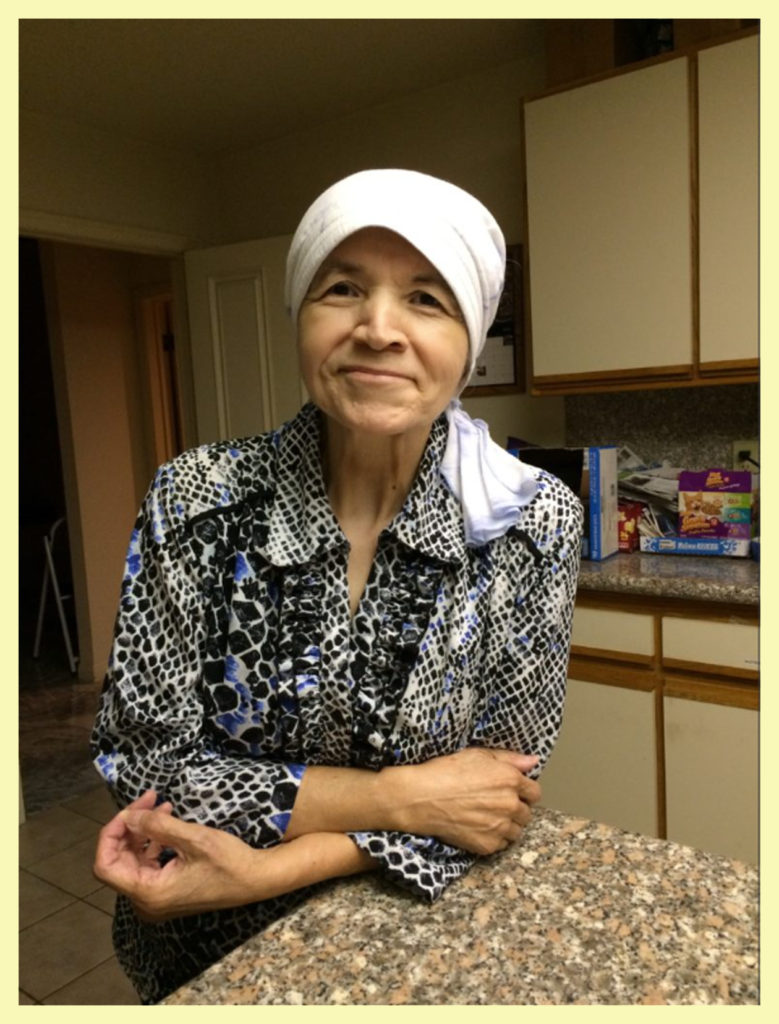
(I’m not trying to make a political point about immigration. However, since Yolanda was an illegal immigrant when I hired her, here are the facts. She always worked, either caring for the elderly or children. She neither asked for nor received welfare. She became a US citizen in the early 90s. For the next twenty years plus, she paid taxes like everyone else. In other words, she writes checks to our government without cashing checks from them. Our country gave her something more valuable than food stamps – a chance at a better life. The way I see it, she was lucky to get into our great nation – but not as lucky as we were to get her into our family.)
